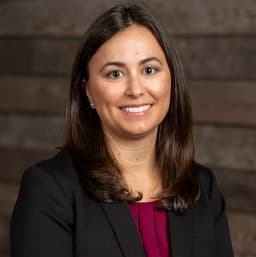Priority debts, such as child support, alimony, criminal fines, unpaid federal income tax, and federal student loans, are repaid first in a Chapter 13 bankruptcy. Secured debts, like home mortgages and auto loans, are typically paid next. Unsecured debts, such as credit cards and personal loans, are often only partially repaid or discharged.
In a Chapter 13 bankruptcy, you can keep exempt assets like clothing, household items, furniture, and equity in a home or vehicle. Unlike Chapter 7, exemptions don’t prevent asset loss. However, they affect your monthly payments. Non-exempt property values contribute to your repayment plan.
Debtors who didn’t follow court orders during a previous bankruptcy case resulting in a dismissal or dismissed a previous case after creditors tried to reclaim property are ineligible. Debtors who did not receive credit counseling from a qualifying agency are also ineligible for Chapter 13 relief.


